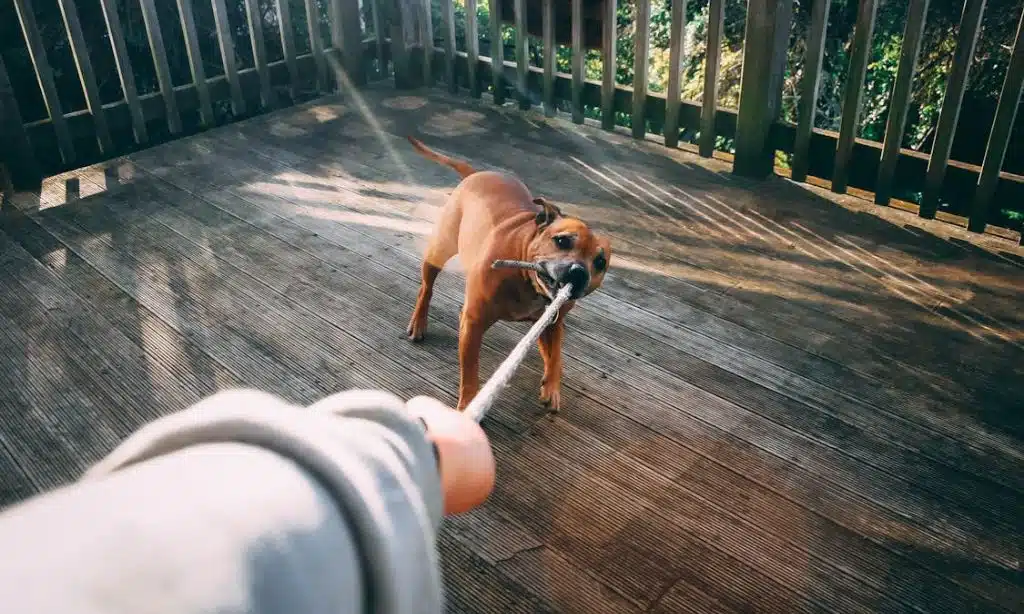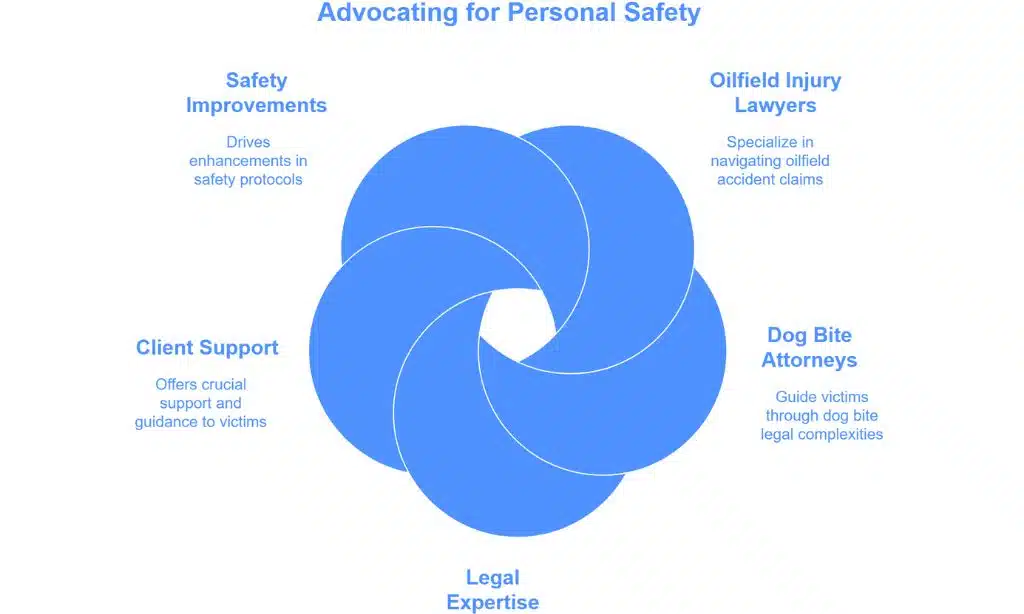The spectrum of personal injury law is broad, encompassing various types of accidents that can profoundly impact an individual’s life and livelihood. Among these, oilfield accidents and dog bites represent two particularly complex categories that present unique challenges to both victims and legal practitioners. While one involves navigating the hazardous terrain of industrial workplaces, the other deals with seemingly ordinary situations that can unexpectedly turn perilous. The critical advocacy provided by specialized injury lawyers is not just a legal service but a crucial bridge to recovery and justice. These attorneys are dedicated to guiding victims through the intricacies of their respective claims, ensuring that they receive the compensation and support necessary for recovery.
The Role of Oilfield Injury Lawyers
Oilfield work is notorious for its high risks and the severe injuries that can occur. Understanding these dangers, Oilfield injury lawyers specialize in the laws and regulations specific to the oil and gas industry. Their expertise is crucial for workers who face the daunting task of claiming compensation against large corporations equipped with powerful legal teams. These attorneys ensure that every aspect of a claim is meticulously handled, from investigating the incident to negotiating with insurers and employers. The table below outlines the advantages and disadvantages of engaging an oilfield injury lawyer:
| Advantages | Disadvantages |
| In-depth knowledge of industry regulations | Potentially high costs of legal services |
| Experience with complex injury claims | Lengthy litigation processes |
| Ability to negotiate with large companies | The emotional and physical toll on the clients |
| Access to expert witnesses and resources | Dependency on legal outcomes |
By leveraging their specialized knowledge, these lawyers play a pivotal role in securing justice for injured oilfield workers, bridging the gap between complex legal rights and the personal safety of vulnerable employees.
From Trauma to Triumph: How Dog Bite Attorneys in Louisiana Guide Victims to Just Compensation
In Louisiana, the complexities of dog bite cases require victims to navigate a maze of legal statutes that determine liability and compensation. A dog bite attorney Louisiana is essential for victims who may not understand the intricacies of these laws. These legal professionals are adept at proving owner negligence, a key component under Louisiana’s statutes, which requires showing that the owner knew or should have known that their dog was dangerous. The attorney’s role extends beyond the courtroom; they also educate clients about their rights and the legal pathways available to them. This guidance is crucial in ensuring that victims receive fair compensation for their injuries, medical expenses, and any psychological trauma caused by the attack.
The Intersection of Legal Expertise and Personal Safety
The advocacy of oilfield injury lawyers and dog bite attorneys in Louisiana extends beyond mere legal representation; it plays a pivotal role in enhancing personal safety standards. These legal experts not only fight for the rights of their clients but also drive improvements in safety protocols and awareness within communities and industries. By holding negligent parties accountable, attorneys foster a culture of safety that helps prevent future accidents and injuries. Their work often leads to stricter enforcement of safety regulations in oilfields and increased vigilance among pet owners, contributing to safer environments for all. This dual focus on legal advocacy and preventive measures showcases the broader societal benefits of their work, reinforcing the link between specialized legal expertise and improved personal safety.
Takeaways
The essential role of injury lawyers in oilfield and dog bite cases is undeniable. Through their dedicated advocacy, they provide a critical bridge for victims navigating the chaotic aftermath of accidents. The work of oilfield injury lawyers and dog bite attorneys in Louisiana does more than just resolve individual cases; it enhances personal safety and promotes justice across communities. Their efforts ensure that victims are not only compensated but that lessons are learned and future incidents are prevented, marking a profound impact on both individual lives and broader societal safety standards.





































